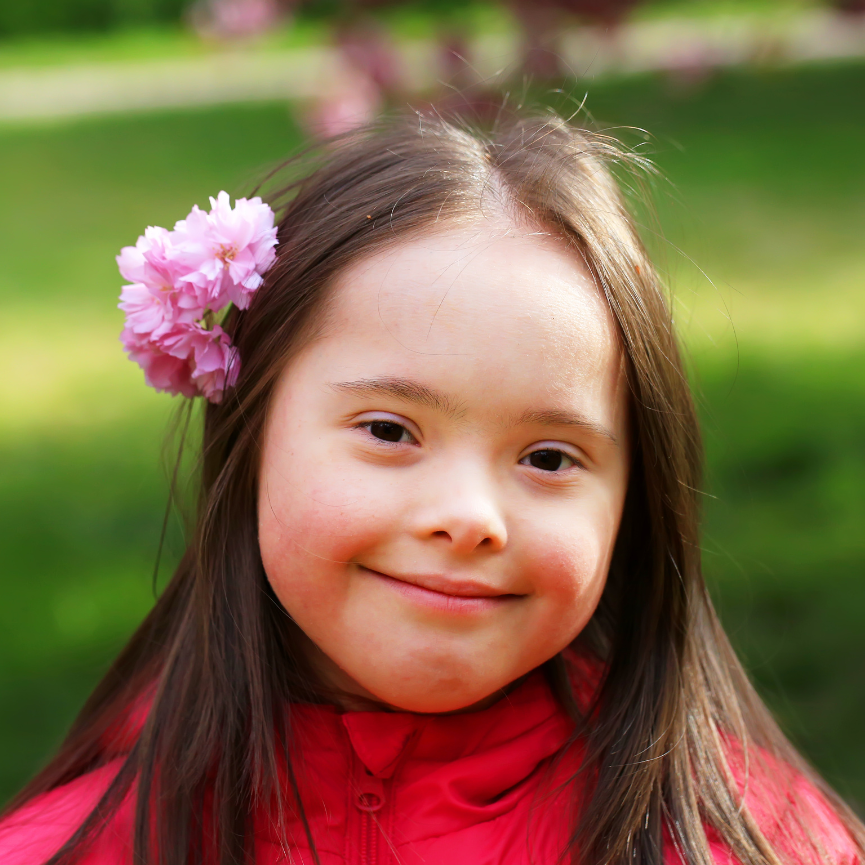
- May 09, 2024
- 97 Views
- 0 Comments
Understanding Asperger's Syndrome Within Autism Spectrum
The symptoms of Asperger’s Syndrome are now included within the wider Autism Spectrum Disorder (ASD), the name used for a wide range of autism-like disorders. One of the conditions on the autism spectrum that is typically regarded as high functioning is Asperger's Syndrome. A look at this syndrome for your knowledge as parents of children with ASD.
As parents, you might want to know the details of Asperger's Syndrome, also known as “Asperger’s”.
An autism spectrum disorder called Asperger's is a type of developmental disorder marked by issues with social interaction and nonverbal communication.
If our children are identified as having Asperger's Syndrome, they may struggle to interact socially, and their behavior and thought processes may be rigid and repetitive. They struggle to comprehend social dynamics and nuanced forms of communication.
Instead of providing the youngster with a positive social or recreational outlet, these narrow hobbies may conflict with daily life.
Boys are three to four times more likely than girls to have Asperger's Syndrome.
The majority of instances are discovered between the ages of five and nine, while some are discovered as early as three.
People with Asperger's Syndrome experience a variety of disabilities, primarily social ones, but they may also struggle with motor skills.
Doctors call this “high-functioning” & is less effective than other forms of autism.
Some of the common symptoms are:
- Minimal social interactions
- Conversations that almost always revolve around a particular topic
- Not understanding emotions well or having fewer facial expressions than others
- Failure to use or comprehend nonverbal cues such as gestures, body language, and facial expressions
- Obsessed with one or two specific, narrow subjects
- Being upset at small changes in routines
- Memorizing preferred information and facts easily
- Uncoordinated movements
- Difficulty managing emotions, sometimes leading to a verbal or behavioral outburst
- Difficulty understanding other people’s feelings or perspectives
- Hypersensitivity to lights, sounds, and textures
Children with Asperger's Syndrome often do not experience any issues with their verbal development.
They are probably literate and have a strong vocabulary, but they are also probably adept with grammar.
Most Aspergian children have speech problems, including a lack of verbal rhythm, monotone pitch, and strange inflections on some words. People frequently struggle to adjust the loudness of their voices to the situation.
Due to their limited domains of interest and lack of emotional skills, Aspergians feel lonely during most of their youth and into adulthood. Aspergians do make an effort to establish friends, but because they lack social skills, they frequently have either brief success or total failure. In the end, they may show a lack of interest in the conversations, ideas, and viewpoints of the people they briefly befriend—or even inquire about.
Intellectual or Artistic Interest
Many people with an Aspergian diagnosis will be talented in at least one specific area of thought or the arts. A notable historical figure with traits of Asperger's is Wolfgang A. Mozart. Mozart was a very talented composer who continued to do so well into his old age. He was said to start writing music as a young child. Aspergians may thrive in fields such as photography, web page design, accounting, engineering, or data entry.
High Integrity
A great degree of integrity is a crucial quality shared by many Asperger's individuals and one that many others find admirable. Many people who have this syndrome are not drawn into elaborate and pointless "drama," do not engage in "head games" with others, and often have extremely clear objectives and commitments.
Treatment of Asperger’s Syndrome usually includes:
- Social skills training
- Behavior supports
- Cognitive behavioral therapy
- Parent education and training
- Speech-language therapy
- Occupational therapy
- Special education classes
- Medication



Comments - 0 comments till now